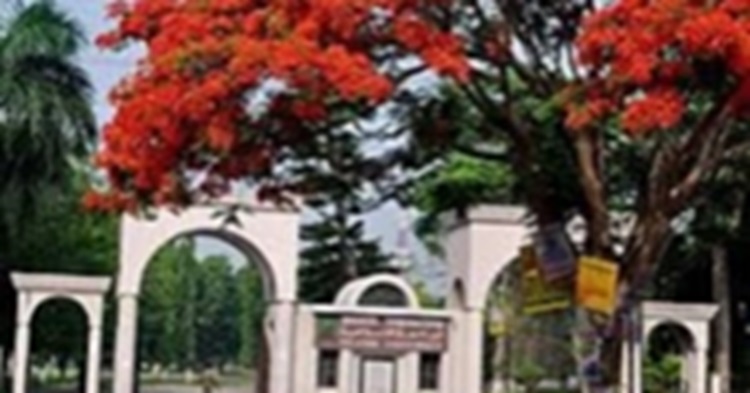IU on the brink: Teacher shortage jopardises students’ future


Academic life at Islamic University (IU) in Kushtia is facing a severe crisis as fifteen departments struggle with a critical shortage of teachers, leaving students with limited access to quality education and practical training.
According to the Institutional Quality Assurance Cell (IQAC), IU currently has only 406 teachers, less than half of the sanctioned 1,080 faculty positions.
The shortage of 674 instructors has forced some departments to operate with just two or three faculty members handling multiple courses, a situation that clearly violates University Grants Commission (UGC) guidelines on teaching workload.
Departments most affected include Fine Arts, Political Science, Pharmacy, Marketing and Communication and Multimedia Journalism.
With six to seven student batches in each department, many students are forced to rely on teachers borrowed from unrelated disciplines, compromising both subject expertise and practical learning opportunities.
Earlier this year, IU authorities announced the creation of 59 new teaching positions across 21 departments to ease the crisis.
The recruitment process, however, stalled after it was discovered that appointment circulars had been issued without securing prior financial clearance from the UGC. Ultimately, only six positions were approved—a fraction of what had been promised, sparking widespread frustration among students and faculty alike.
Talking to UNB, Acting Registrar Professor M Monjurul Haque acknowledged the severity of the situation, saying the administration is actively seeking further approvals from the UGC.
IU Treasurer Prof M Jahangir Alam admitted that the recruitment circulars were issued ‘without due financial clearance’, while Pro-Vice Chancellor Prof M Yeaqub Ali claimed he was ‘not consulted’ on the decision, highlighting apparent disarray within the university’s top leadership.
Faculty members and student leaders have jointly demanded urgent recruitment, warning that continued inaction will degrade academic standards and could even jeopardise the university’s accreditation.
“If this situation persists, our degrees will lose their value both nationally and internationally in the job market,” said a final-year Pharmacy student, who wished to remain anonymous. “We are being pushed through the system without receiving genuine education.”
The UGC has yet to issue a public statement on the matter.
Meanwhile, students at the IU fear they are becoming victims of institutional neglect.
With classrooms understaffed and essential courses left untaught, the future of one of Bangladesh’s leading public universities is at risk --trapped between bureaucratic delays and the urgent needs of its students, they said.
